A new approach to understanding gravity helps eliminate some discrepancies inherent in general relativity.
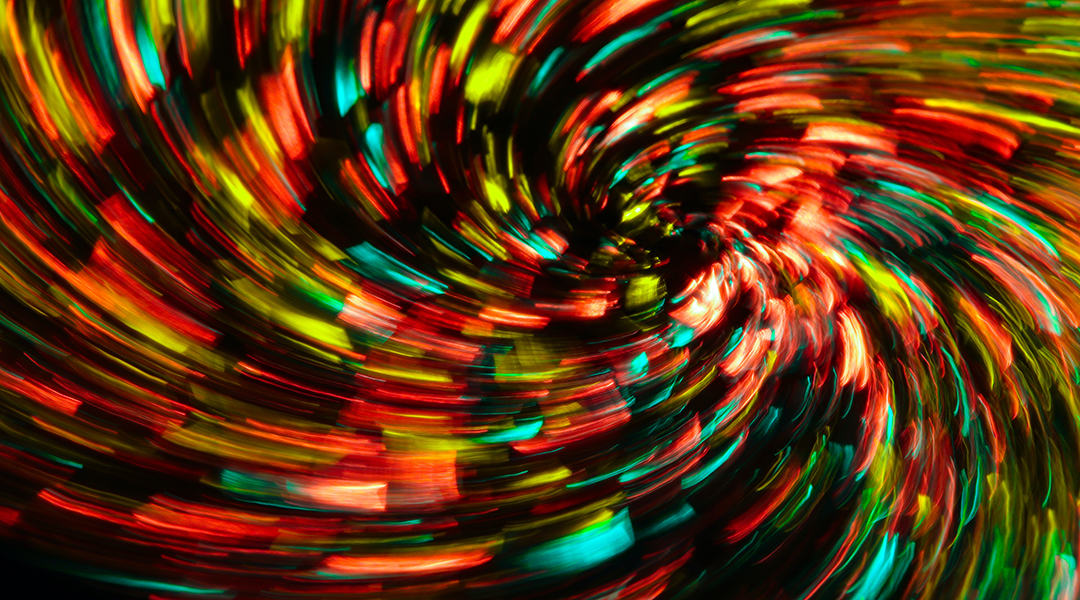

A new approach to understanding gravity helps eliminate some discrepancies inherent in general relativity.
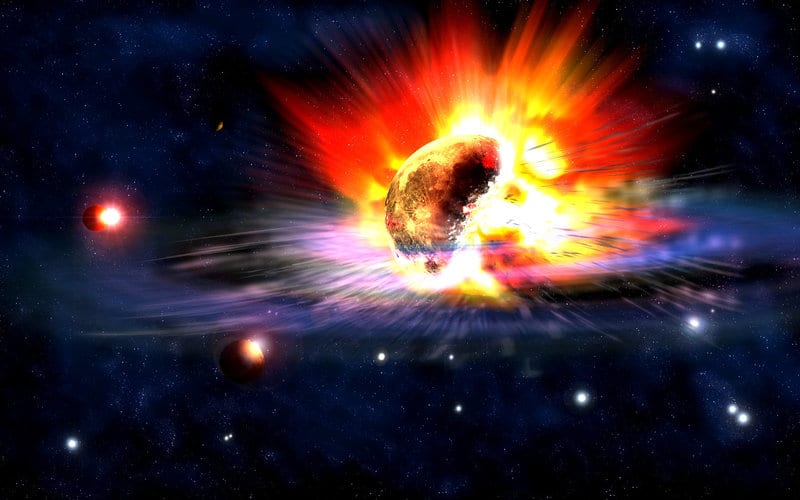
A new protocol is introduced for the quantitative analysis of 2D materials at the nano- and meso-scale fragmentation.
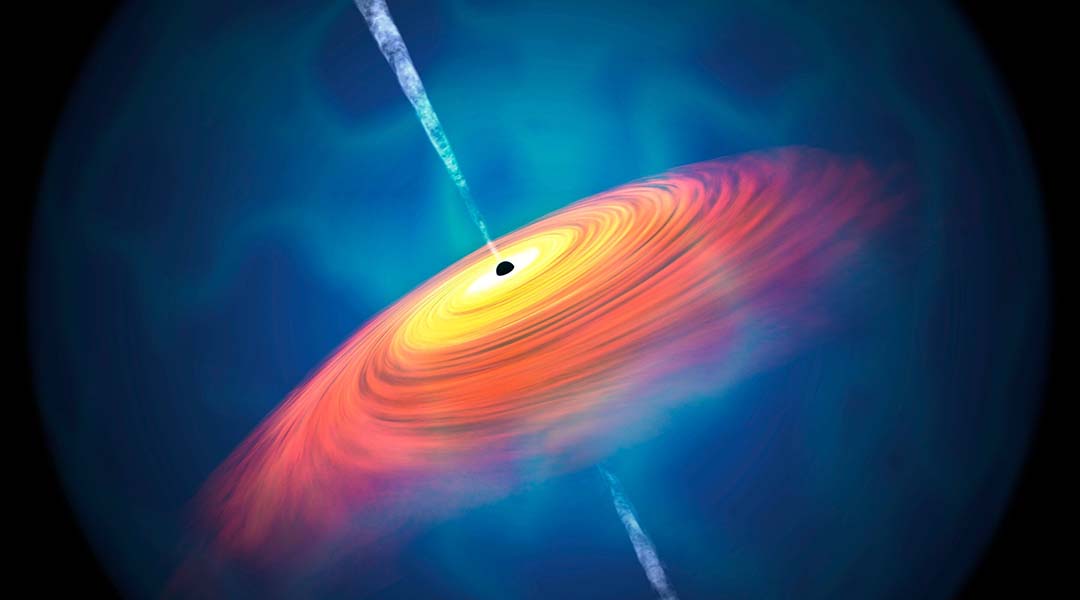
Scientists have only observed supermassive black holes one billion years after the Big Bang, but astrophysicists have now breached this barrier.
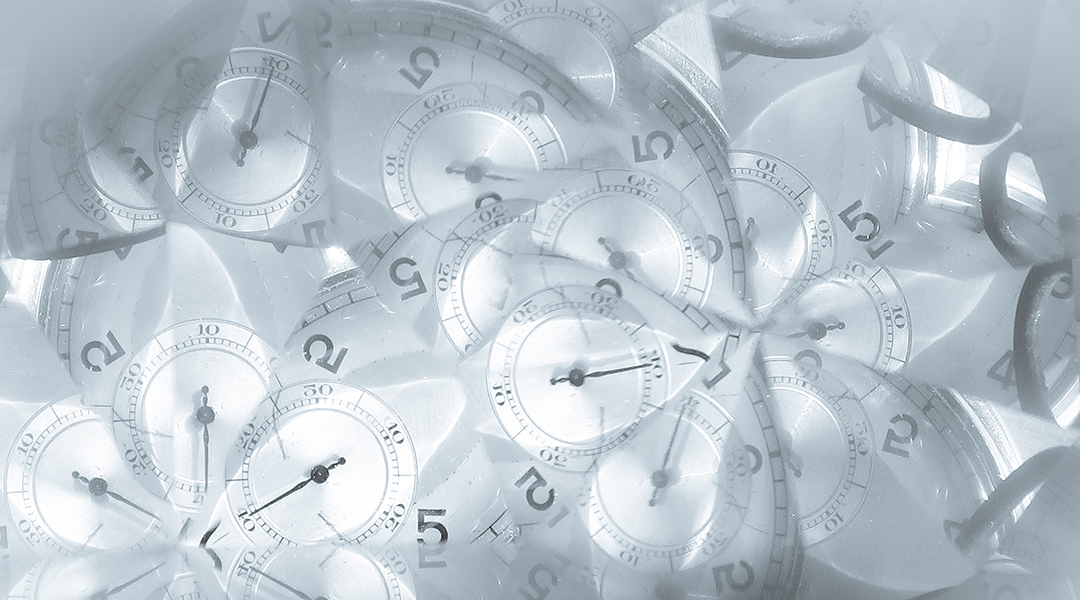
Using quasars as ticking cosmic clocks, scientists took a journey back in time, discovering time progressed five times slower just after the Big Bang.
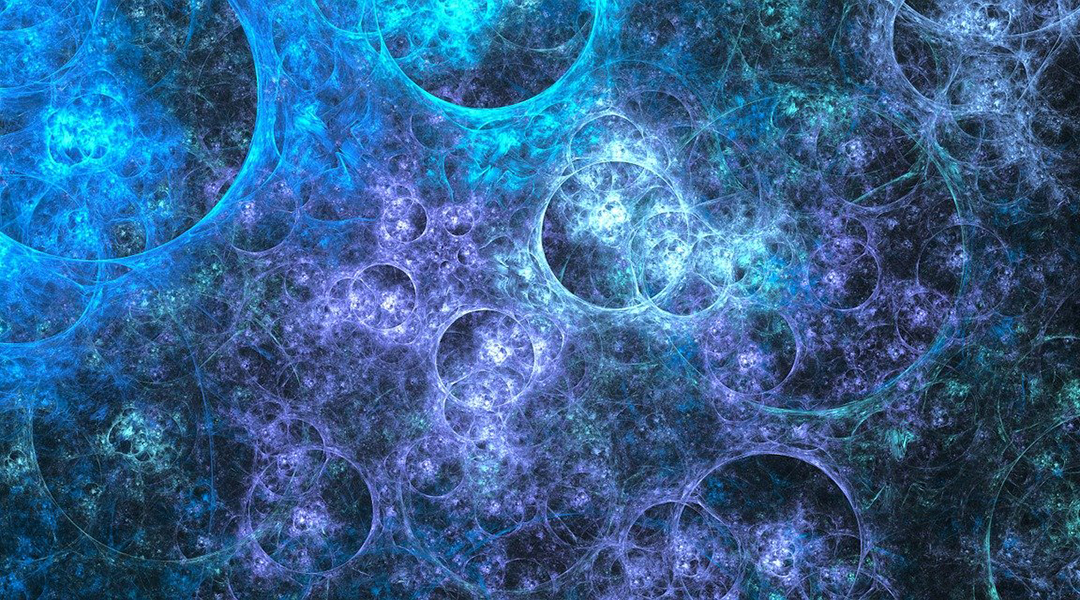
Gravitational waves produced by the phase transitions of matter right after the Big Bang could provide new insights into particle physics.
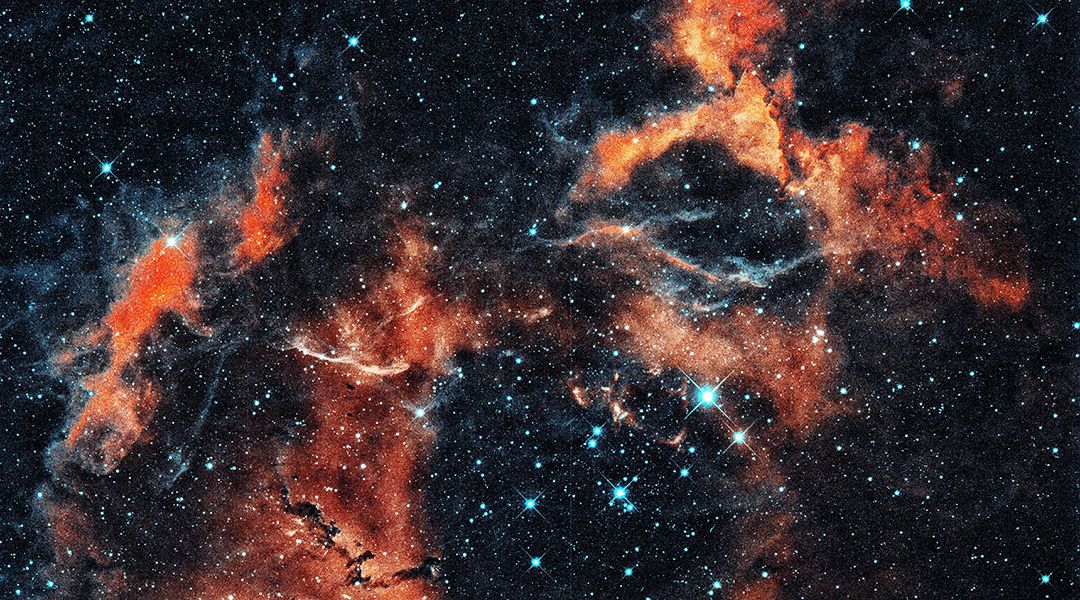
Using an artificial neural network and AI, researchers are developing a powerful computational tool to model particle physics following the Big Bang.

Scientists theorize that cosmic strings interacting with dense matter in the early universe provided the seeds for galaxies and black holes.
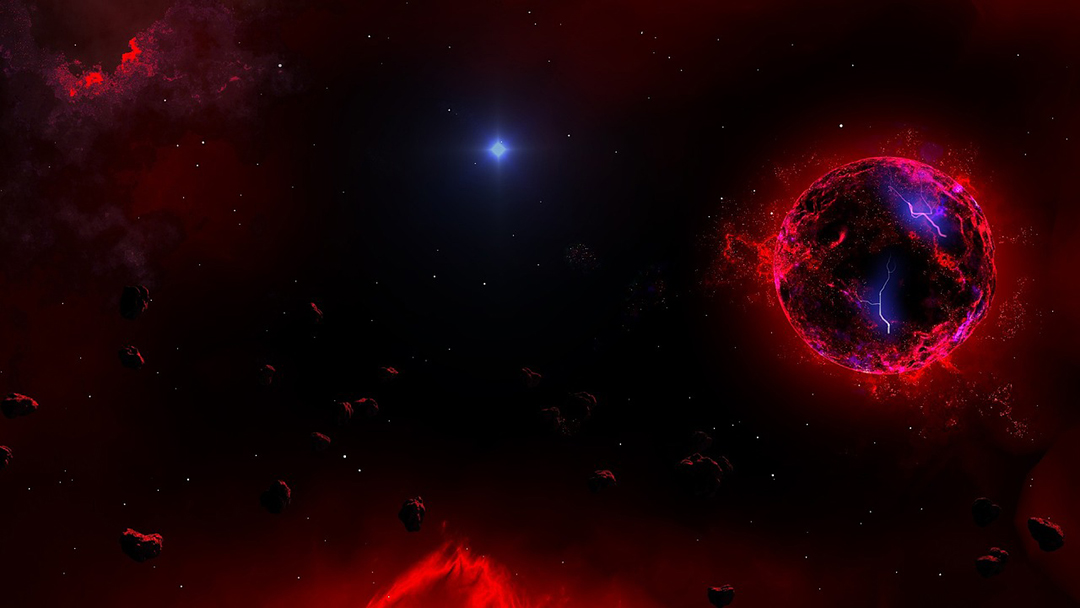
Could neutron stars hold the key to observing dark matter? Researchers believe studying them might one day reveal this elusive substance.
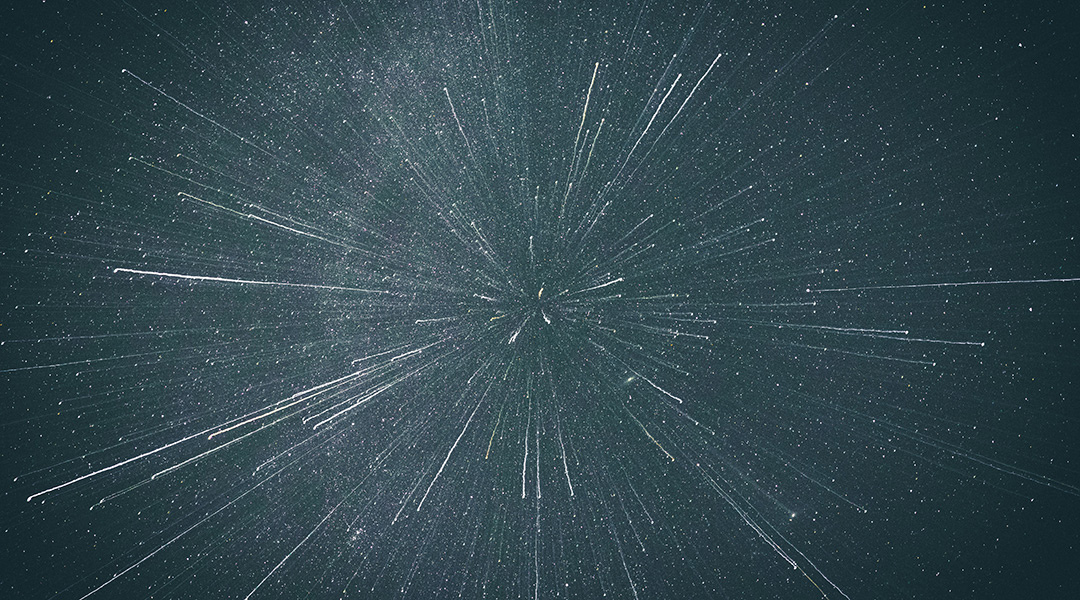
By adding primordial magnetic fields to the Standard Model, researchers may solve the mystery of the Universe’s expansion.
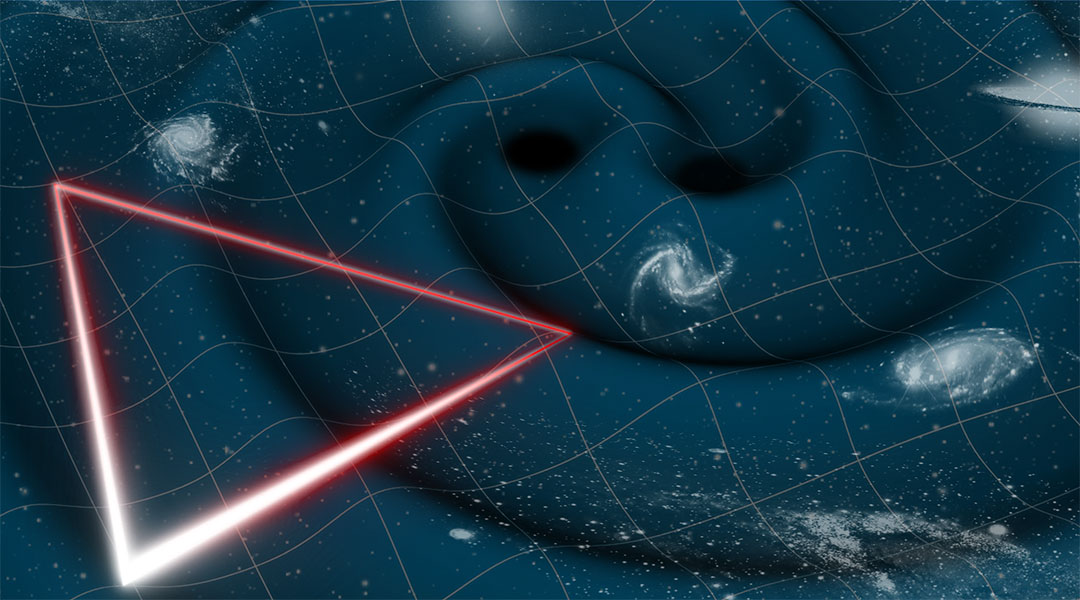
ESA greenlights LISA, a space-based observatory poised to detect gravitational waves across space and time.